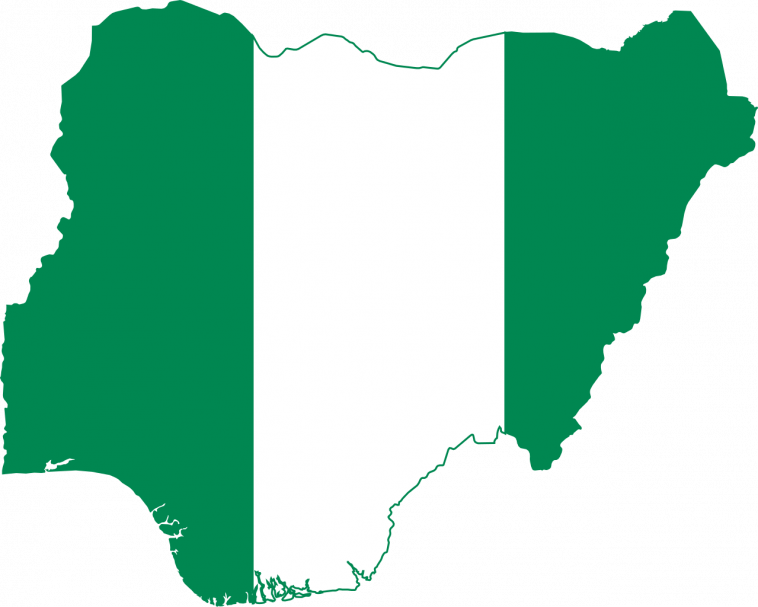By Dahiru Yusuf Yabo
Former Commissioner, Gubernatorial Candidate, Political & Security Analyst, Publisher – Yabo International Magazine
Introduction
As Nigeria inches closer to the 2027 general elections, the Northern political bloc stands at a crossroads. The decisions made in the coming months will either affirm our collective strength or relegate us to mere spectators in a system designed to pacify with token appointments while consolidating real power elsewhere.
A comparative reflection on appointments under President Goodluck Jonathan versus those under the current President Bola Ahmed Tinubu reveals stark contrasts in the application of federal character, distribution of strategic power, and the treatment of Northern interests.
President Tinubu’s Appointments: Peripheral Roles for the North
An analysis of recent presidential appointments under Bola Tinubu, especially the list recently circulated, shows that Northerners have been given a sprinkling of positions, mostly in agencies with limited political weight or fiscal power. These include:
Nigerian Agricultural Insurance Corporation (NAIC)
National Centre for Women Development
Michael Imoudu Institute for Labour Studies
National Population Commission
Citizenship and Leadership Training Centre
Sao Tome Joint Development Authority
Centre for Mass Literacy
Nigerian Agricultural Land Development Authority
NNPC Gas Marketing Ltd
While these appointments may appear generous on the surface, they lack the critical leverage of national control. Not one Northern appointee heads a core security, financial, revenue, intelligence, or regulatory institution. They are largely relegated to development agencies or cultural institutions—important, but not influential in the power matrix.
In contrast, Tinubu’s Yoruba appointees dominate nearly every national command centre, including:
Chief of Army Staff, Inspector General of Police, Director-General DSS
Chairman FIRS, Governor Central Bank, Accountant General
DG Budget Office, DG BPP, DG BPE
Head of Customs, Immigration, EFCC, NDLEA
Over 30 other agencies in infrastructure, oil regulation, procurement, and national data
This overwhelming dominance renders Tinubu’s government the most ethnically centralized administration in the Fourth Republic, contrary to the spirit and letters of the 1999 Constitution on federal character.
Jonathan’s Inclusive Federalism: Substance over Sentiment
In sharp contrast, President Goodluck Jonathan’s cabinet and agency appointments reflected a sincere application of federal character, with numerous Northern professionals and technocrats occupying top strategic posts:
NSA (Col. Sambo Dasuki), CBN Governor (Sanusi Lamido)
INEC Chairman (Prof. Attahiru Jega)
GMD NNPC, MD NDDC, MD NPA, Minister of FCT
Customs, Immigration, Police, Prisons all under Northern command
Ministers of Interior, Education, National Planning, Youth, Information from the North
Heads of Mass Literacy, FERMA, Inland Waterways, NEMA
Jonathan, though a Southern minority from Bayelsa, governed with national inclusion and respect for Northern competence, giving the North both symbolic presence and operational control in national governance.
Pan-Arewa: A Time to Choose Substance Over Sentiment
As we evaluate our path to 2027, Northern politicians, elites, scholars, clergy, and traditional institutions must reflect deeply:
Are we genuinely empowered under Tinubu or merely paraded for optics?
Did Goodluck Jonathan not entrust core national institutions to Northerners more than the current “Northern-friendly” administration?
What kind of political calculation sacrifices power for appeasement?
The North must unify across party and ethnic lines to project one voice: that of true inclusion, strategic empowerment, and equitable governance. We must reject appointments that flatter but fail to empower. We must also resist political Stockholm syndrome, where we defend leaders who suppress our collective interest.
Conclusion
The North has the population, the history, the experience, and the electoral strength. What we lack is a unified political consciousness untainted by patronage or deceit. If 2023 was a misstep, 2027 must be a correction—not through ethnic vengeance, but through a principled stand on merit, federal fairness, and equity.
Between tokenism under Tinubu and true federal character under Jonathan, history will judge our choice. Let us choose not just with our hearts, but with the lessons of the past.
Babu kira me yaci gawayi.
Signed:
Dahiru Yusuf Yabo
Political & Security Analyst | Publisher, Yabo International Magazine
Former Commissioner | 2011 CPC Gubernatorial Candidate, Sokoto State
Email: [email protected] | Tel: +2348036865557





